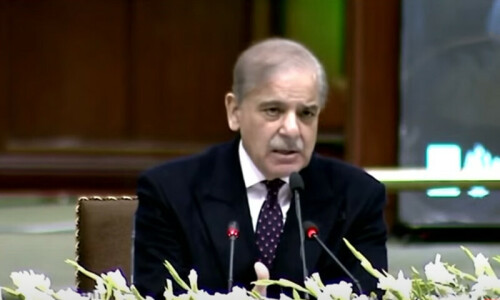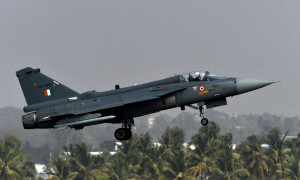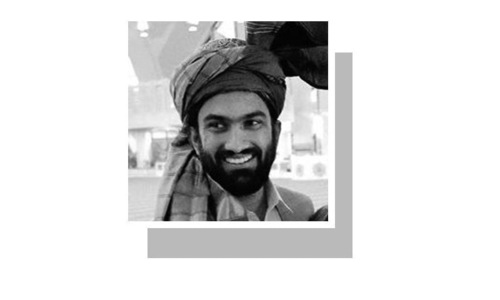ISLAMABAD: Pakistan played down on Thursday reports about a shift in its policy on Syria under Saudi pressure saying the newly-enunciated policy was in consonance with the Syrian position. It also sought to give an impression that ties with Iran remained cosy despite the recent happenings.
Speaking at the weekly briefing, the first after the visit of Saudi Crown Prince Salman bin Abdulaziz al Saud during which Pakistan and Saudi Arabia announced a common regional view, FO spokesperson Tasneem Aslam gave a new spin to the changes in its hitherto anodyne Syria policy.
“There is no change in our position in the sense that since the first Geneva Conference on Syria in June 2012, Syria’s own position has also evolved. This process, which is under the UN auspices, was initially rejected by Syria but later on Syria became a part of that,” Ms Aslam said and added that the language of Pak-Saudi Arabia joint statement had been taken from the Geneva-I Communiqué.
Pakistan had all along the Syrian crisis insisted that “political differences should be resolved through an inclusive dialogue”, but in the joint statement issued after the crown prince’s visit it called for handing over the affairs of Syria to a transitional government – a proposal being strongly pushed by the Saudis.
Ms Aslam said the demand for transitional government in Syria was not tantamount to asking President Bashar al Assad to step down.
“There have been two rounds of discussions between representatives of the Syrian government and the opposition. They have been discussing a transitional government. Probably, the sticking point on which the second round broke down was whether President Bashar al Assad will be in that set-up or not,” she noted.
The spokesperson underscored that Pakistan did not “subscribe to the theory of regime change in any country. Essentially, the people of Syria will talk to each other and work out what kind of set-up they will have in future”.
IRAN: Ms Aslam said that Pak-Iran relations were too broad-based to be viewed in the context of one issue or the other and quoted from a statement of President Hassan Rouhani. The Iranian leader had said, “this relationship is much deeper, much broader, it is between two peoples, it has social, religious, cultural and economic aspects”.
The spokesperson discussed Pak-Iran relations in the context of the threat by Iranian Interior Minister Abdolreza Rahmani-Fazli of launching a cross-border raid into Pakistan for freeing abducted five Iranian border guards.
She said the Iran-Pakistan gas pipeline project should be looked at differently instead of being taken as an indicator of the bilateral ties turning cold. “The pipeline issue is separate. There was a timeline but there were also some other commitments and agreements regarding financing. They have fallen apart. Therefore, perhaps we need to renegotiate the timeline as well,” she maintained.













































